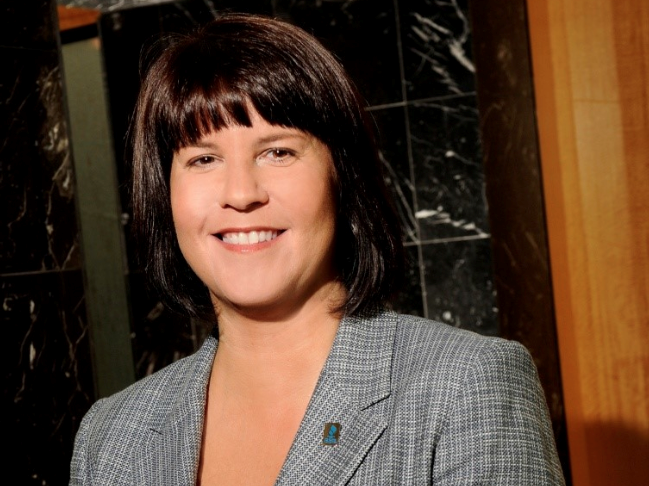It happens like clockwork. Every year I get calls and emails about people who have been taken advantage of by fake charities as the winter season arrives and the villains come out to prey.
Our heart strings become ever so pulled this time of year as we pause to think about those less fortunate. Unfortunately it also makes us easier targets for those who want to play on those heart strings and take our money and run.
I am determined to help British Columbians identify these scams and prevent the season of giving from turning into the season of loathing.
There are some red flags to watch out for over the holiday season before you decide to depart with your cash.
Caution at the door
The Vancouver Food Bank, for example, has struggled in the past with people going door-to-door posing as food bank employees looking for cash donations. All too often the organization must remind the public that in fact they do not work that way. That said, some organizations do solicit donations in this fashion.
Protect yourself
Do background research on charities you wish to donate to. If they’re legitimate, all of their financial information should be available online. If you happen to get door-to-door solicitation, always ask to see identification and proof of the charity’s registration number. Ask for written information about the charity. A real fundraiser will know all about the charity’s mission, where the money is to go and have proof of a tax deduction. Failing that, call the charity and ask directly if door-to-door solicitation is their way of doing business. If none of this information is readily available, it should be a huge red flag.
If you do end up donating to what appears to be a legitimate cause, always pay by cheque or credit card. In the event the charity is fraudulent, it is far easier to cancel a cheque or payment than lose hard-earned cash. A paper trail also makes it easier to claim the donation as a tax deduction. The Canada Revenue Agency (CRA) has a list of charities that can issue tax deductible receipts. To make you feel more comfortable with your charity of choice, the CRA lists financials so you can see how your money is being spent.
Above all, donate to charities you know and trust.
Fake websites
The digital age means thieves have more weapons at their disposal when it comes to convincing you to give. Scammer often take advantage of tragedies, especially around the holiday season. If there is a disaster in some part of the world, thieves will build complete websites in the guise of giving in order to prey on your emotions for the affected region. Right now there are over 100 websites being investigated that claim to be Ebola-themed charities. The crooks are literally making money off of people suffering and dying. Not only that, many claim to sell cures for the terrible disease that continues to make headlines around the world.
Been scammed?
If you have concerns or think you might be the victim of a scam, don’t hesitate to contact our offices through bbb.org and contact your local authorities. While we are not able to enforce laws, we can help others through your experience and engage with the public at large so that these types of scams are eradicated and your holiday season can be one of pleasant memories and free of these kinds of concerns.
For Canada Revenue information visit cra-arc.gc.ca
From all of us at the BBB we wish you all the best this winter season.
Danielle Primrose is president of BBB (Better Business Bureau) Mainland B.C.



